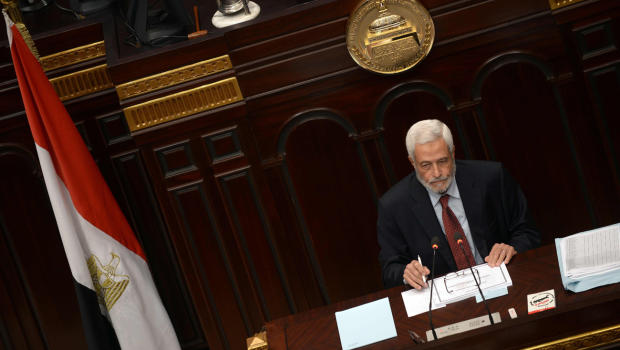CAIRO: A controversial draft law to legalize the trade of replicas of antiquities in Egypt is currently on the People’s Assembly’s agenda.
The law was proposed by steel mogul Ahmed Ezz, senior official at the ruling National Democratic Party, and seeks to legalize the trade in replicas of Egyptian antiquities. It will also require royalties be paid whenever replicas are made of museum pieces or ancient monuments.
Minister of Culture Farouk Hosni cancelled a trip to Luxor to attend the draft law’s discussion at the PA, his media advisor confirmed to Daily News Egypt.
Head of the Supreme Council for Antiquities Zahi Hawass was also present at the PA for the discussion of the law, along with the council’s legal advisor, judge Ashraf El-Ashmawy.
According to independent MP Gamal Zahran, the discussion was a “heated debate.
“There are numerous antiquities traders in the PA so they are trying to make this law to their benefit . It is presented by the government which is making other MPs criticize it. And the fact that Ahmed Ezz is behind it is making many suspicious regarding what is in it for him, he explained.
“Hosni and Hawass support the law and NDP MPs threatened if an opposing law is presented they will withdraw from the PA session, said Zahran who also personally supports the law as it protects Egypt’s heritage.
Egypt first issued an antiquities law in 1835. This has been modified five times, the most important amendments taking place in 1912 and 1983.
When Hawass became secretary-general of the Supreme Council of Antiquities in 2002, he introduced new security measures to combat the theft and smuggling of Egyptian antiquities, which is high on his agenda.
He previously told the press that the current law, 117/1983, is no longer suitable since the penalties it imposes for antiquity trafficking are not harsh enough. We need to stiffen penalties in order to stop further trafficking.
In 2007, Hawass called for a similar law, to be applied all over the world, that would require royalties to be paid for producing replicas. At the time he had said that the money will be used to maintain thousands of Pharaonic sites.

